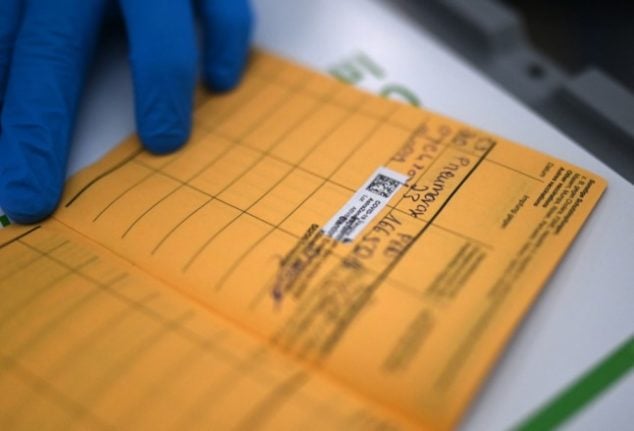“We’re really sceptical and critical as concerns France,” BDI President Hans-Peter Keitel told a news conference here on the sidelines of the world’s biggest industrial fair in this northern German city.
“France is once again on the path to more interventionism in the economy, to a greater degree of economic steering by the state and to attempts to foster growth” using state measures, Keitel said.
Following a first-round vote in the French presidential elections on Sunday, polls now put Socialist Francois Hollande ahead of Nicolas Sarkozy to win the second round on May 6 by 54 percent to 46.
Hollande has said he would block the EU’s pact for greater fiscal rigour if it failed to include measures for growth.
“If the pact contains no measures for growth, I can’t recommend it for ratification by the National Assembly,” Hollande told Handelsblatt business daily last week.
“I promised that to the French, I will stick to it,” he added.
With France therefore likely to ease up on its budget consolidation efforts, German industry was “concerned that pressure will be put on the German government to abandon its path” of budgetary rigour, too, Keitel continued.
“We need consolidation and we need growth as well, but not by abandoning consolidation,” the industry chief insisted.
German Chancellor Angela Merkel was the driving force behind a new pact on fiscal discipline aimed at encouraging budget stability in a Europe hard-hit by the Greek debt crisis.
The pact was agreed by 25 of the 27 European Union nations in March after months of market turmoil and political wrangling to stop the debt crisis spreading.
Merkel, who has openly backed Sarkozy’s reelection bid, is a staunch defender of the debt cap since Germany introduced the measure into its own constitution and is pushing other EU countries to follow suit.


 Please whitelist us to continue reading.
Please whitelist us to continue reading.
Member comments